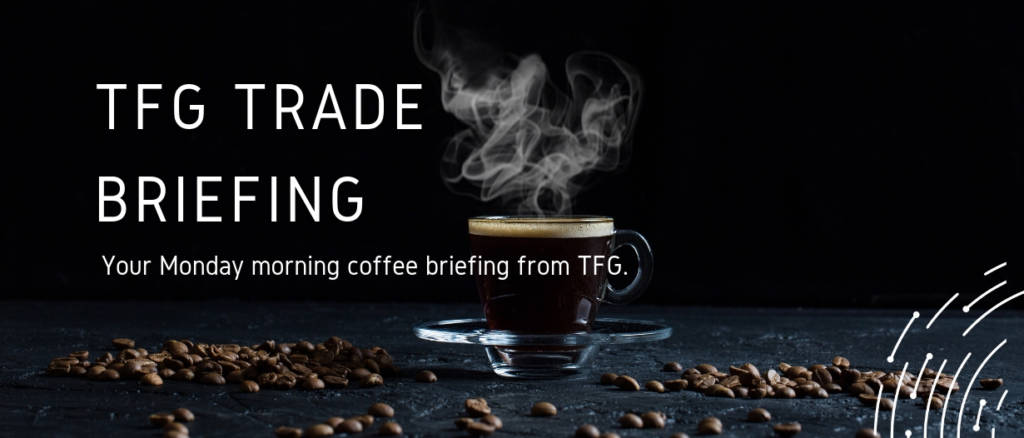As the resurgence of Covid-19 threatens public health, virtual shopping poses a lower health risk which is likely to appeal to customers.
TFG heard from the CFTC’s Heath P. Tarbert, on CFTC’s tremendous accomplishments in achieving integrity through sound derivatives regulation.
Your Monday morning coffee briefing from TFG. The pandemic has created a vast natural experiment in home working.
The Covid-19 pandemic is accelerating trends and technologies that came online before January 2020 and were just getting traction.
Since documentary collection is not a risk mitigation tool, it is appropriate to use this form of payment with caution to advise operators to follow a scientific approach in the management of this payment instrument.
TFG / SME Finance Forum exclusive, with Marcus Wallenberg, B20 Saudi Arabia, on the future of trade in the form of e-commerce and sustainable trade.
With electronic document rules in place, it is now the role of key players and regulators to go ahead and enable trade finance to take advantage of digital innovation.
Your Monday morning coffee briefing from TFG. Governments across Europe face a hard balance between public health and economic activity as they combat a resurgence in COVID-19 cases. Global trade is recovering more quickly than after the 2008 global financial crisis.
A TFG / SME Finance Forum exclusive B20-Business at OECD joint interview on reducing barriers that SMEs in particular encounter in their quest to participate in Global Value Chains (GVCs).
TFG heard from Robert Meters on the significant role of trade credit insurance in the current economic crisis the global trade is facing.























